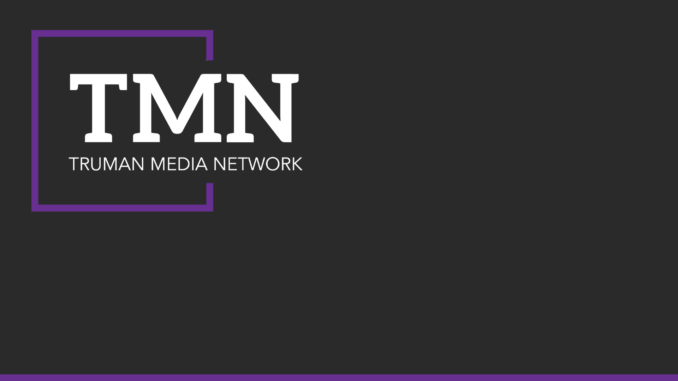
A student-led mental wellness support group will be enacted at Truman State University at the end of this month.
Positive Peers is an all-student support group created by senior Alex Frogge. With the help of Enactus, an international nonprofit organization, Frogge — along with a few other Truman students involved in the program — was able to gain the resources they needed to begin this project.
“After the suicide cluster [at Truman] last year, it was on a lot of people’s minds, and it was on mine as well,” Frogge said. “How can we make a positive change to prevent suicide as well as emotional distress?”
The support group will have 4-12 members depending on the topic of discussion and the number of students interested in the new program. Each meeting will last an hour and a half at most. The support group will feature two student facilitators per meeting. Enactus members chose facilitators to be involved with the project through a blind application process based on experience with support groups or mental health services.
“We ultimately chose the facilitators we thought showed the most passion and were capable of doing [the job],” said sophomore Jonie Welland, Positive Peers’ main coordinator.
The Positive Peers coordinators chose six facilitators, all of whom completed training with University Counseling Services. The training consisted of reading a detailed document on what a support group is and how to deal with any problems that arise. The facilitators have also participated in roleplaying exercises so they can become more familiar with how support groups work.
Frogge said it was important for facilitators to be students to avoid power dynamic issues within the support groups. The facilitators will not only participate as a guide — they will also participate as members of the groups themselves.
Facilitator senior Kayla Thompson said there needs to be an open dialogue at Truman to promote mental wellness. Thompson said she also thinks by reducing the stigma of mental illness on Truman’s campus, many students will feel confident enough to seek help when needed or to allow themselves a well-deserved mental break.
“We almost romanticize over-exertion,” Thompson said. “We see sleepless nights as commitment.”
Thompson said although the idea of joining a group with a stigma associated with it might sound intimidating, if it is something that will allow students to better themselves and provide them with a long-lasting support system, it will be worth it in the end.
“It will increase connections between people and help them feel less alone,” Frogge said.
Positive Peers will begin support group meetings at the end of February. The dates and times will depend on the need of participants.
